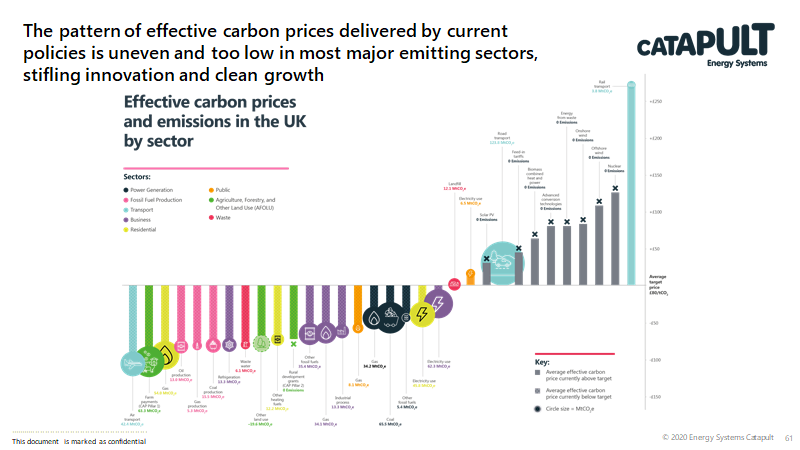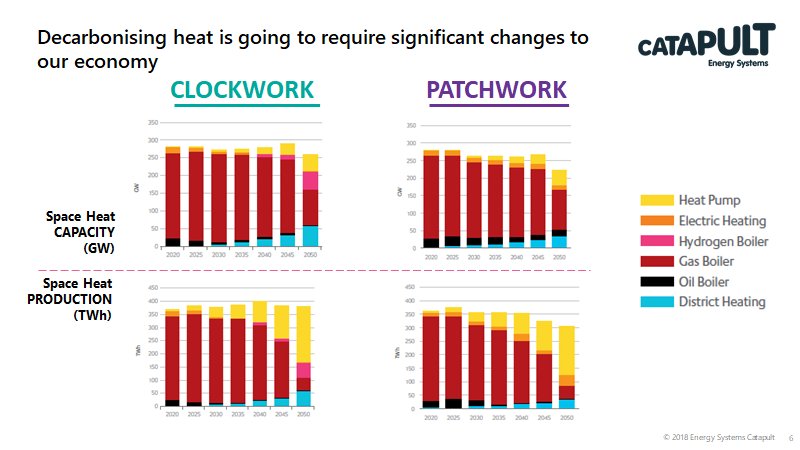
Some thoughts on the PM 10-point package. First, the politics. This is the first substantial climate intervention by a PM since the start of the coalition. That matters. It gives a clear signal outside and, just as importantly, inside Government that this is a priority....
Second, the 2030 ban on new ICE cars and vans is a huge step, and carries real political risk. This underlines the seriousness of intent. Such a regulatory move is much more important for innovators/investors than subsidy, which is why moans about money committed is overdone....
It also underlines the 'dance' between innovation and policy. Imagine trying to do this 10 years ago when G-Whizzes were pottering around. Much easier with Model 3s on the streets, and prices falling. The regulatory move now confirms that innovation-driven transition.
Important commitment to technologies which have high system values: nuclear, CCUS and hydrogen. @EnergySysCat whole system analysis underlines the importance of them for reaching 2050 targets es.catapult.org.uk/reports/innova…
Also love the audacity of the hydrogen towns proposal. Hopefully this can lead to a series of pathfinding Net Zero towns and cities across the country. We need to test how Net Zero is going to work in places and harness local political climate ambition.
Buildings: toughest nut to crack of them all. Some significant funding on energy efficiency and low carbon heating, and commitment to 600k/year heat pumps is a big step forward in ambition.
But low carbon heating will only take off at the pace and scale we need when there are desirable consumer propositions in the market (which in turn need regulatory and economic signals for innovators to invest -- we need to start the same dance we had with EVs, with buildings).
And what was really intriguing in the PM's FT article was the explicit mention of carbon pricing (see famous @danialsturge chart for how badly we are doing on this); and a new taskforce. 

The taskforce is important not just for a show of political will, but because we need to make sure all this stuff fits together. And it needs to work for people; low carbon needs to be better and, where possible, cheaper.
The scale of the changes required at the pace required (as digitalisation also lands on the energy sector) mean we need to think anew about the market and regulatory arrangements that are going to make the shift to low carbon as smooth as possible. medium.com/@guynewey/fixi…
So a massive step forward (funnily enough, five years to the day since @AmberRuddUK 'reset' speech), but more massive steps still to come....
• • •
Missing some Tweet in this thread? You can try to
force a refresh




